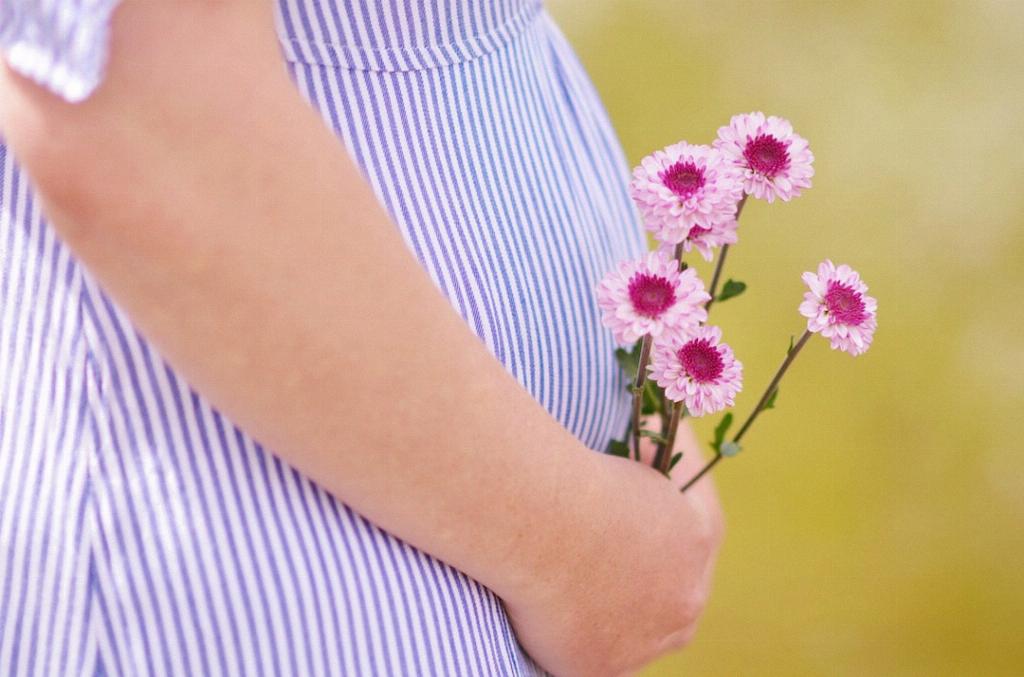At 33 weeks pregnant, it is common to experience a mix of physical sensations as your body continues to adapt to the growing life inside you. One key sensation you may notice is a feeling of heaviness in your pelvis. This sensation can be an indication that your baby has moved into a head-down position in preparation for birth.
Signs of Pregnancy
Alongside the feeling of pelvic pressure, you may also experience painless contractions around your bump. These contractions, known as Braxton Hicks contractions, are a normal part of the pregnancy process. They are your body’s way of practicing for labor and helping to prepare your uterus for the birth of your baby.
Embracing the Changes in Your Stomach
As your pregnancy progresses, you may notice your stomach expanding to accommodate your growing baby. This expansion can lead to feelings of tightness or discomfort in your abdomen, especially as your baby continues to gain weight and space becomes more limited.
Feeling the Movement Within
At 33 weeks pregnant, you may also be more attuned to the movements of your baby. As your baby grows stronger and more active, you may feel kicks, rolls, and stretches more frequently. These movements can be reassuring signs of your baby’s health and vitality.
Dealing with Digestive Changes
Changes in your stomach at 33 weeks pregnant can also be related to shifts in your digestive system. The hormonal changes of pregnancy can lead to issues like indigestion, heartburn, and constipation, which may contribute to discomfort in your abdominal area.
Listening to Your Body
It’s important to pay attention to how your stomach feels at 33 weeks pregnant and to listen to your body’s cues. If you experience any persistent or concerning symptoms, such as severe pain, unusual swelling, or decreased fetal movement, it’s essential to contact your healthcare provider for guidance.
Practicing Self-Care
Taking care of yourself physically and emotionally can help ease any discomfort you may be feeling in your stomach. Resting when needed, staying hydrated, eating well-balanced meals, and engaging in gentle exercise can all contribute to your overall well-being during this stage of pregnancy.
Preparing for Labor
As your due date approaches, your body is getting ready for labor and delivery. The sensations you feel in your stomach at 33 weeks pregnant may be signs that your body is beginning to prepare for the upcoming birth process. Staying informed about labor, creating a birth plan, and discussing any concerns with your healthcare provider can help you feel more prepared and empowered for the journey ahead.
Connecting with Your Baby
Feeling your stomach at 33 weeks pregnant can be a powerful way to connect with your baby. Taking moments to sit quietly, focus on your breathing, and gently touch your belly can help foster a sense of closeness and bonding with your little one. These moments of connection can be a source of comfort and joy as you await the arrival of your baby.
Embracing the Journey
Each pregnancy journey is unique, and how your stomach feels at 33 weeks pregnant is a reflection of your individual experience. Embrace the changes in your body, celebrate the growth of your baby, and trust in the wisdom of your body as you navigate this remarkable time of anticipation and transformation.

